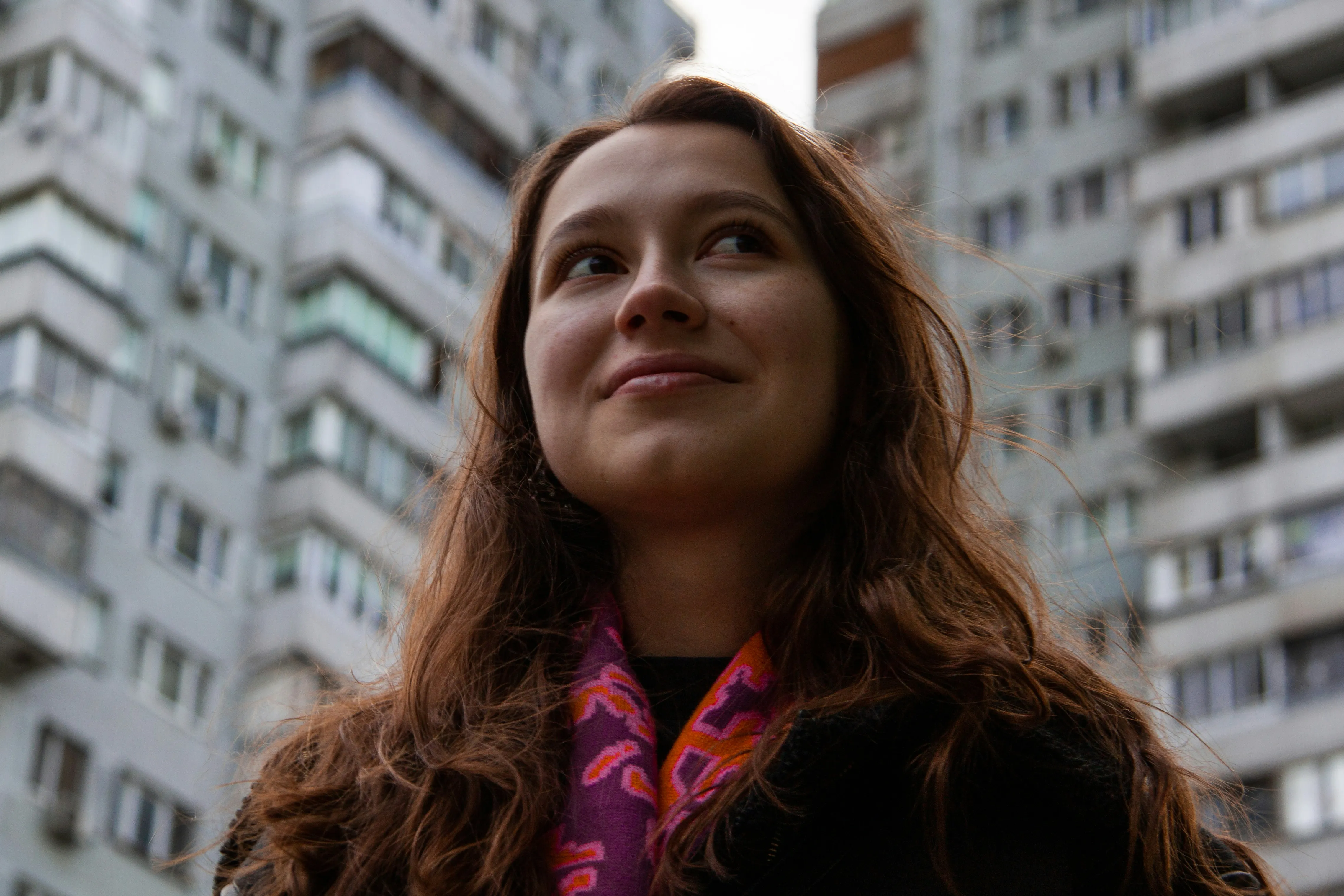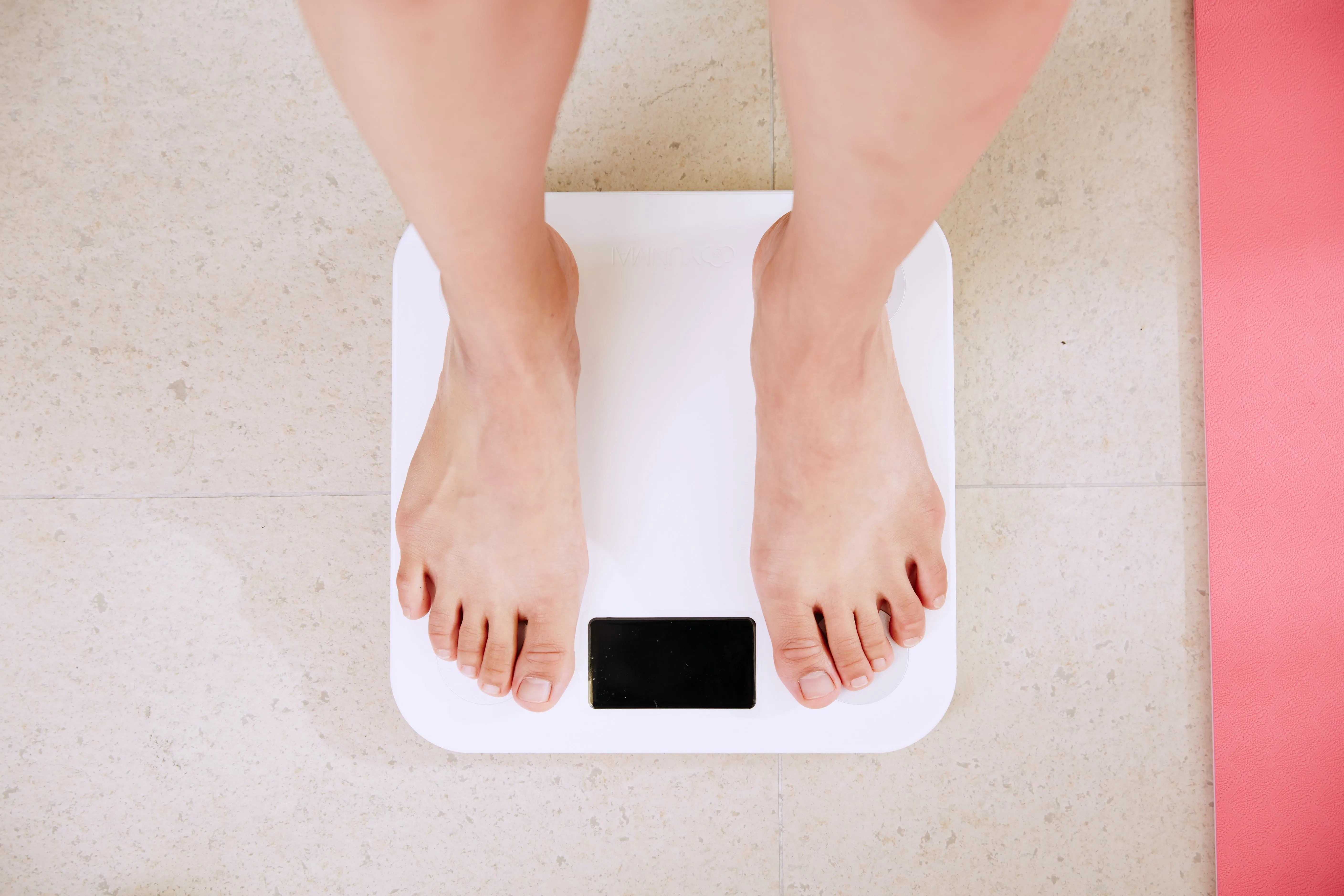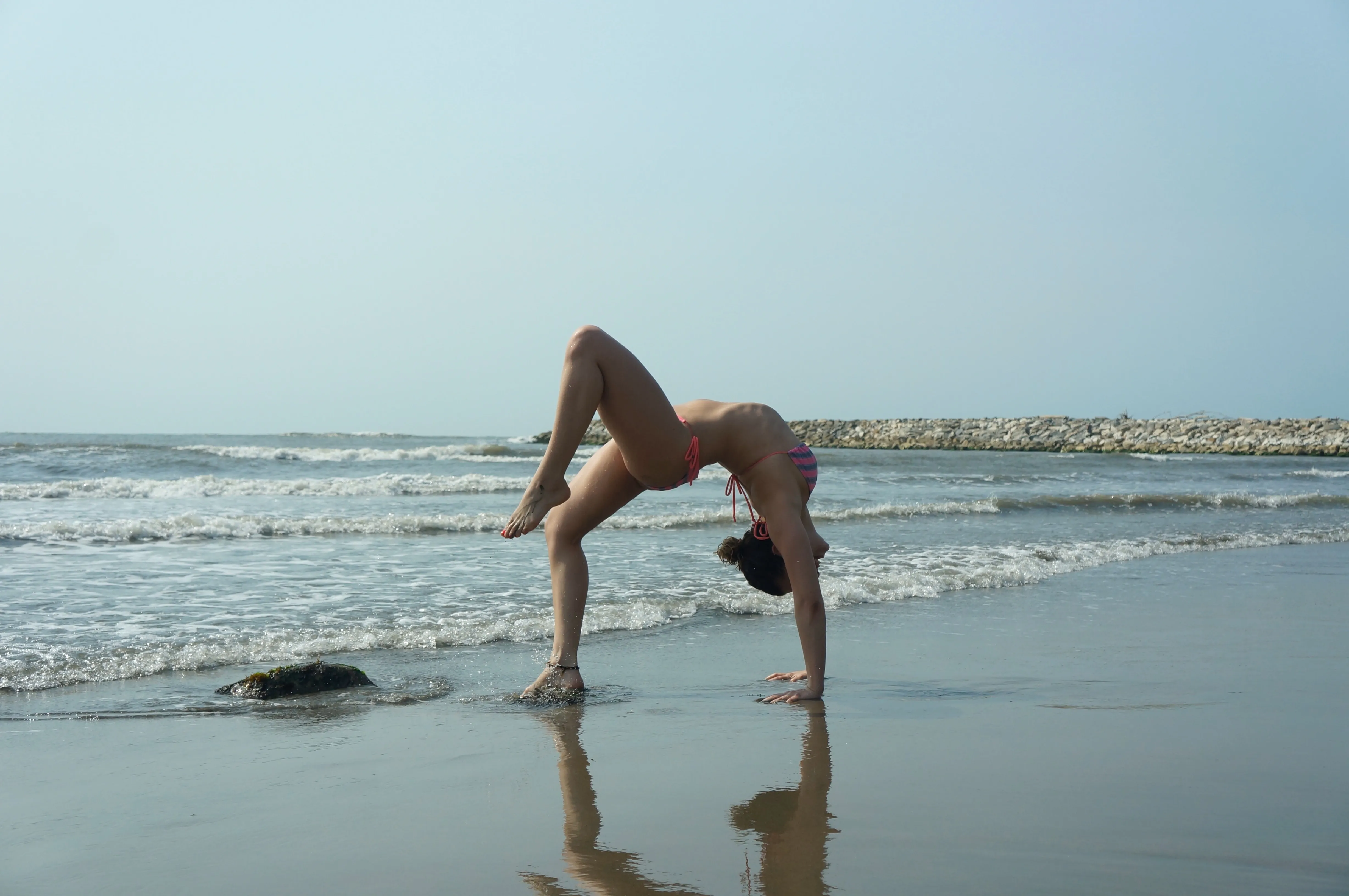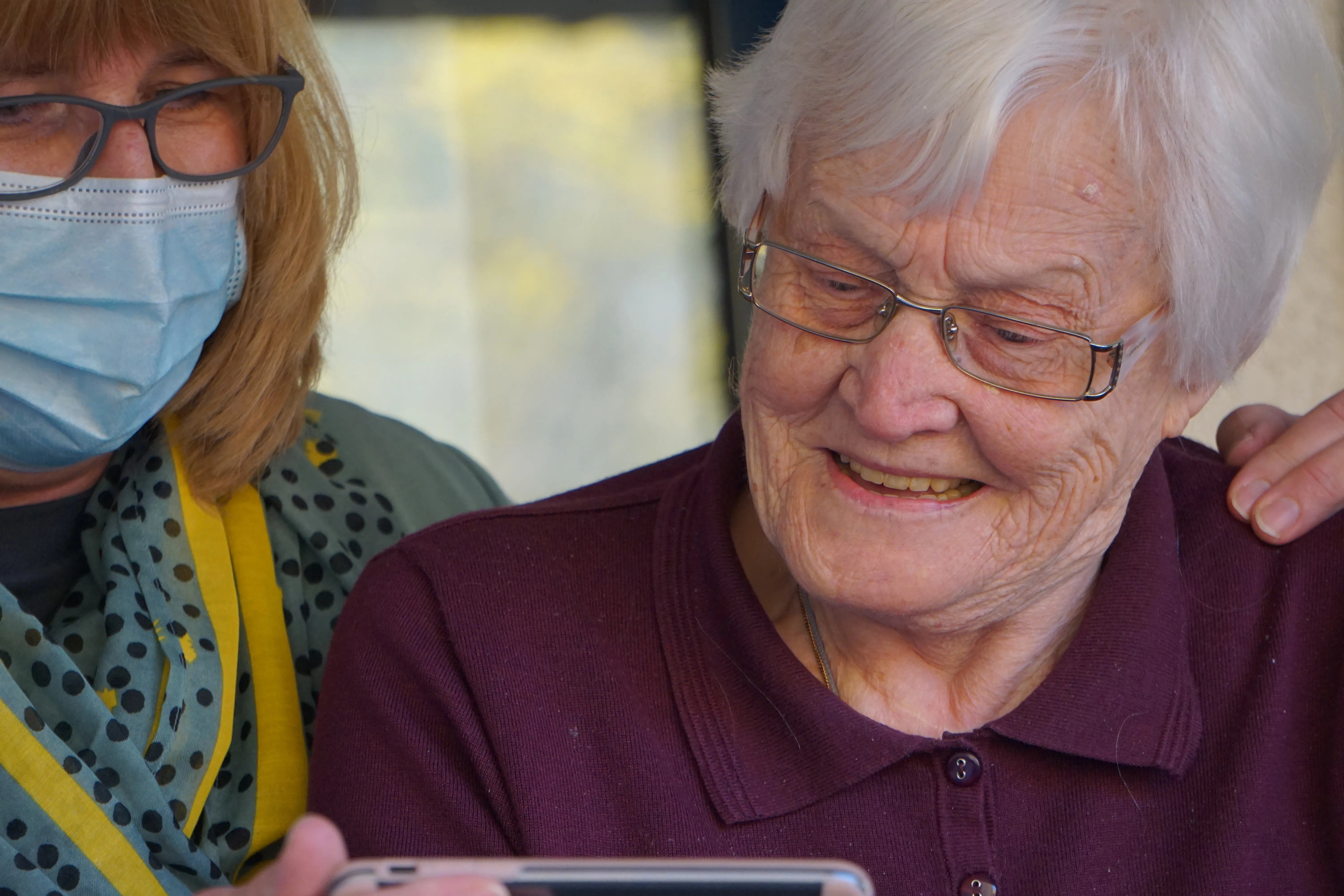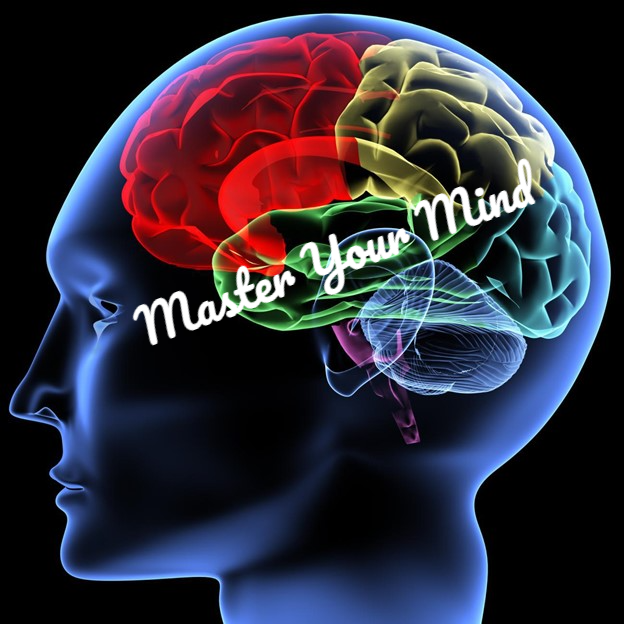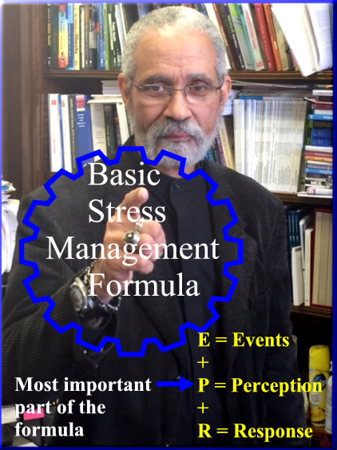Naturopathy
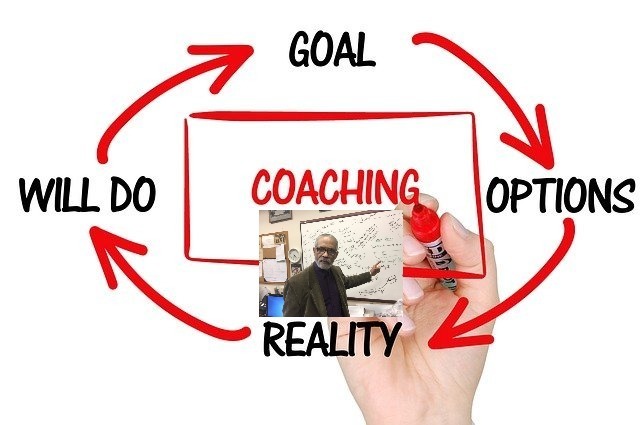
Naturopathy
By
January 21, 2019
Introduction
Whether you have a condition that established medicine can’t touch or whether you want to understand how to make yourself healthy without always going to a hospital, you may be interested in trying our various… lesser practiced medical studies.
If modern science seems too modern and energy healing seems too “out there,” there is another school called “naturopathy” that might be just right for you.
What is Naturopathy?
“Naturopathy” comes from the word “nature” and the ancient Greek suffix “-pathy,” which originally meant “suffering” but here means something more like “a condition.”
Naturopathy may sound – and may be intended to sound – much older than it is. The truth is that naturopathy really only came about in the late twentieth century. That doesn’t mean that it isn’t an old or studied practice, it just means that people didn’t used to have – or need — a word for it.
Naturopathy is the belief that modern society creates its own health problems through unnatural problems, which it then relies on unnatural medicine to solve. The major tenant of Naturopathy is that most conditions can be avoided without the use of institutionalized medicine provided the individual practice their own routine of a healthy diet and adequate physical activity.
Now you can see why it only recently had a name put down. Throughout the vast majority of human history, most people lived naturopathic lives without trying to or without needing to call it anything. Prior to the mid-nineteenth century, most people lived lives that we would now consider physically demanding – or at least physically active. Up until the mid-twentieth century everyone had diets that we would not consider “organic” or “farm-to-table.” For most of us, however, life has become a bit more complicated since then.
Should I Follow This Lifestyle?
It’s hard to argue against naturopathy in most cases. After all, the leading cause of death in the United States according to the Center for Disease Control is heart disease, which you’re far less likely to get if you have a healthy diet and regularly exercise. Diabetes, another disease largely caused by poor diet and lack of exercise also makes the top-ten list.
Many of today’s health problems are caused by processed foods which are high in sugar, high in simple carbohydrates, high in unhealthy fats, high in artificial ingredients like colors and preservatives, and shockingly low in just about everything else. While many people scoff at those working for more availability of “organic” foods, there are few who would argue that we would all be much better off if we ate food that was closer to nature.
Similarly, diabetes and heart disease can also be largely prevented by regular exercise which keeps weight off, keeps blood pressure health, and keeps our hearts and lungs healthy.
Should I Be skeptical of this Movement?
Unfortunately, the basics of naturopathy can be a little short-sighted. There are many causes of disease and death that can’t always be kept at bay by a good diet and regular exercise. That CDC list of common causes of death also includes cancer, respiratory diseases, strokes, Alzheimer’s, influenza and pneumonia, and other conditions that can occur naturally to otherwise healthy people.
Similarly, many of the worst scourges of the pre-industrial world are held at bay not by organic foods and jogging but by vaccines, antibiotics, and other medical interventions. Minding your diet and exercise can certainly help you to live a happier and healthier life but living a naturopathic life shouldn’t keep you from going to your healthcare provider for vaccines, checkups, and treatments for serious illnesses – though you will probably need to see them much less often by people who don’t bother with the naturopathic way of life.
This duality is testified to by the fact that the leading organization for naturopathic medicine, The American Association of Naturopathic Physicians, is made up not of hippies and millennials but of medical practitioners who believe that you can live a happier and healthier life by being more considerate of what you eat and how you spend your time.






